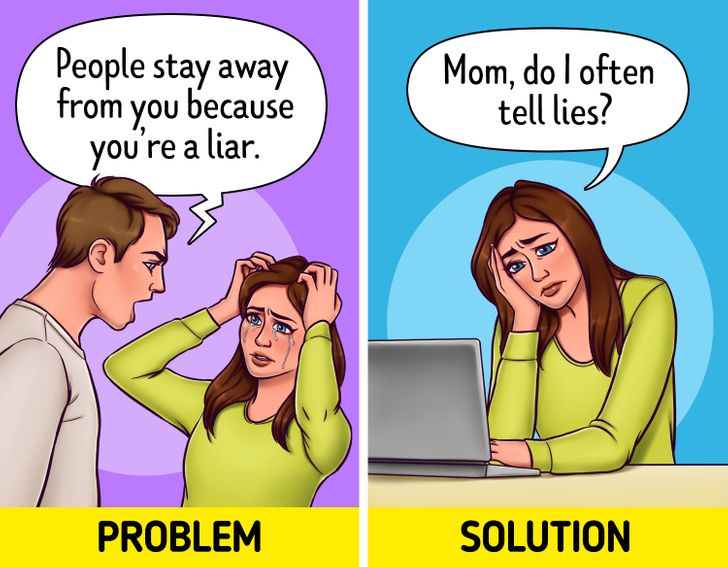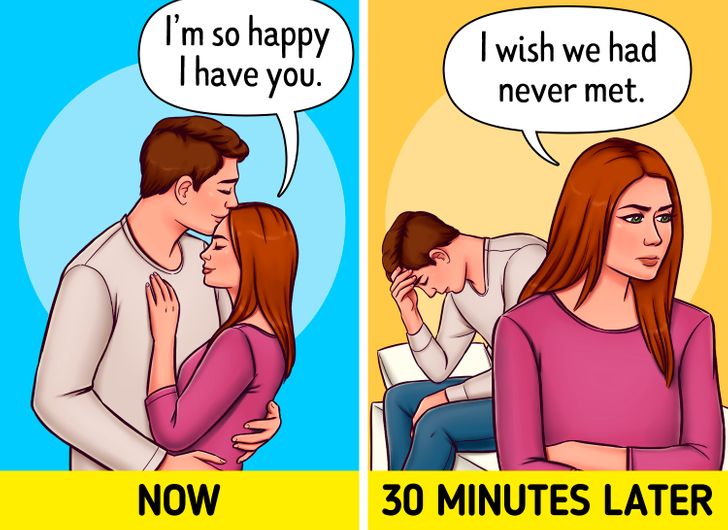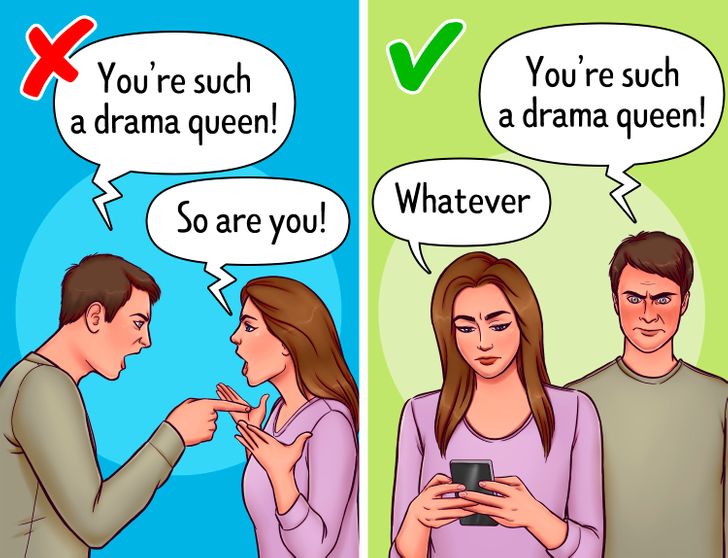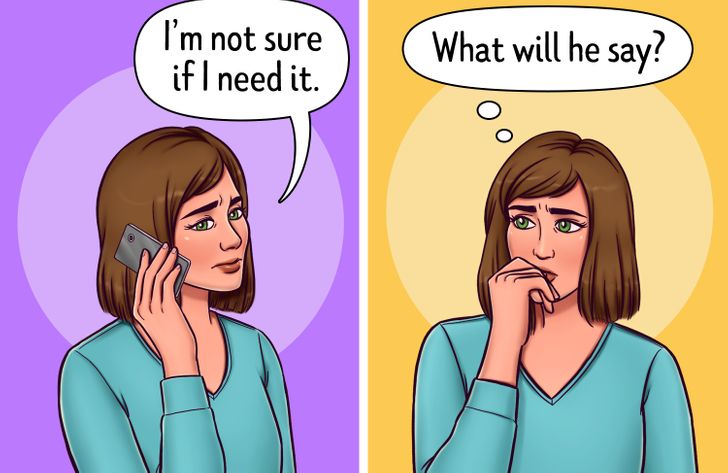Gaslighting is a form of psychological manipulation that leaves victims doubting their reality, emotions, and decisions. Named after the 1944 film Gaslight, this insidious tactic is often used in toxic relationships, workplaces, and even friendships. Recognizing gaslighting early is critical to protecting your mental well-being. In this guide, we’ll break down the 5 most common signs of gaslighting, how to address them, and where to seek help.
You Start Questioning Your Reality: The Hallmark Sign of Gaslighting

Gaslighting thrives on making you distrust your own perceptions. A gaslighter might deny events that happened, dismiss your memories, or insist you’re “overreacting.” Over time, this erodes your confidence in your ability to interpret reality.
Example:
- Your partner claims, “I never said that,” even though you vividly recall the conversation.
- A coworker insists, “You’re imagining the tension in the team,” despite clear evidence of conflict.
How to Deal With It:
- Document interactions: Keep a journal or notes app to record conversations. This creates a tangible record to counteract denial.
- Trust your instincts: If something feels off, don’t dismiss it. Seek a trusted friend or therapist for validation.
- Set boundaries: Calmly say, “I remember it differently, and I need you to respect my perspective.”
Your Emotions Are Belittled: “You’re Too Sensitive”

Gaslighters often trivialize your feelings to gain control. Phrases like “You’re overreacting” or “Stop being dramatic” are designed to make you feel irrational for having valid emotions. This tactic shifts blame onto you, deflecting accountability.
Why It’s Harmful:
Invalidating emotions can lead to anxiety, depression, and self-doubt. According to the American Psychological Association, emotional invalidation is a core component of psychological abuse.
How to Respond:
- Label the behavior: Say, “Minimizing my feelings is not okay.”
- Seek support: Talk to a licensed therapist or counselor who specializes in emotional abuse.
- Practice self-validation: Remind yourself, “My emotions are valid, even if they’re inconvenient for someone else.”
You Can’t Imagine Life Without the Gaslighter: Dependency as a Control Tactic

Gaslighters often isolate victims from friends, family, or hobbies, fostering dependency. You might feel like you “owe” them or fear being alone without their presence. This dependency cycle is common in abusive relationships.
Red Flags:
- They discourage you from seeing loved ones.
- They frame themselves as your “only supporter.”
Breaking Free:
- Rebuild connections: Reconnect with trusted friends or family members.
- Explore independence: Start a hobby or activity that’s solely yours.
- Create an exit plan: If the relationship is unsafe, contact organizations like the National Domestic Violence Hotline for guidance.
The Gaslighter Plays the Victim: Reversing Roles to Avoid Accountability

A classic gaslighting move is flipping the script: the abuser portrays themselves as the victim to avoid responsibility. For example, they might say, “You’re attacking me!” when you address their behavior.
How It Works:
This tactic confuses you into apologizing for their actions, perpetuating the cycle of abuse.
Strategies to Counteract:
- Stay focused: Redirect the conversation: “This isn’t about blame. Let’s discuss the issue.”
- Refuse to engage: If they deflect, say, “I’m not comfortable continuing this conversation until we address the problem.”
- Recognize projection: Gaslighters often accuse others of their own behaviors.
You Struggle With Simple Decisions: Erosion of Confidence

Gaslighting chips away at your self-trust, making even minor choices feel overwhelming. You might second-guess yourself constantly or rely on the gaslighter to “approve” your decisions.
Why It Happens:
Chronic invalidation trains your brain to distrust your judgment. A study in Psychological Trauma links gaslighting to decision-making paralysis.
Rebuilding Confidence:
- Start small: Practice making low-stakes decisions (e.g., choosing a meal) without input.
- Affirm your agency: Write down daily wins, like “I trusted my gut about X.”
- Therapy: Cognitive-behavioral therapy (CBT) can help rewire thought patterns.
How to Protect Yourself From Gaslighting Long-Term
A. Educate Yourself About Manipulation Tactics
Knowledge is power. Resources like Psychology Today offer articles on gaslighting and emotional abuse.
B. Build a Support Network
Surround yourself with people who validate your experiences. Support groups or online communities like RAINN can provide solidarity.
C. Prioritize Professional Help
Therapists trained in trauma or abuse can help you heal. Use directories like GoodTherapy to find specialists.
Frequently Asked Questions (FAQ)
Q: Can gaslighting occur in workplaces?
A: Yes. Toxic bosses or coworkers may gaslight to undermine confidence. Document incidents and report to HR.
Q: How do I confront a gaslighter?
A: Safety first. If confronting them, stay calm, stick to facts, and avoid emotional debates.
Q: Are gaslighters aware of their behavior?
A: Some are intentional manipulators; others unconsciously repeat learned patterns. Either way, the impact is harmful.
Final Thoughts
Gaslighting is a corrosive form of emotional abuse, but recognizing the signs is the first step to reclaiming your reality. By setting boundaries, seeking support, and prioritizing your mental health, you can break free from manipulation. Remember: Your feelings are valid, your memories matter, and help is always available.









Leave a Reply